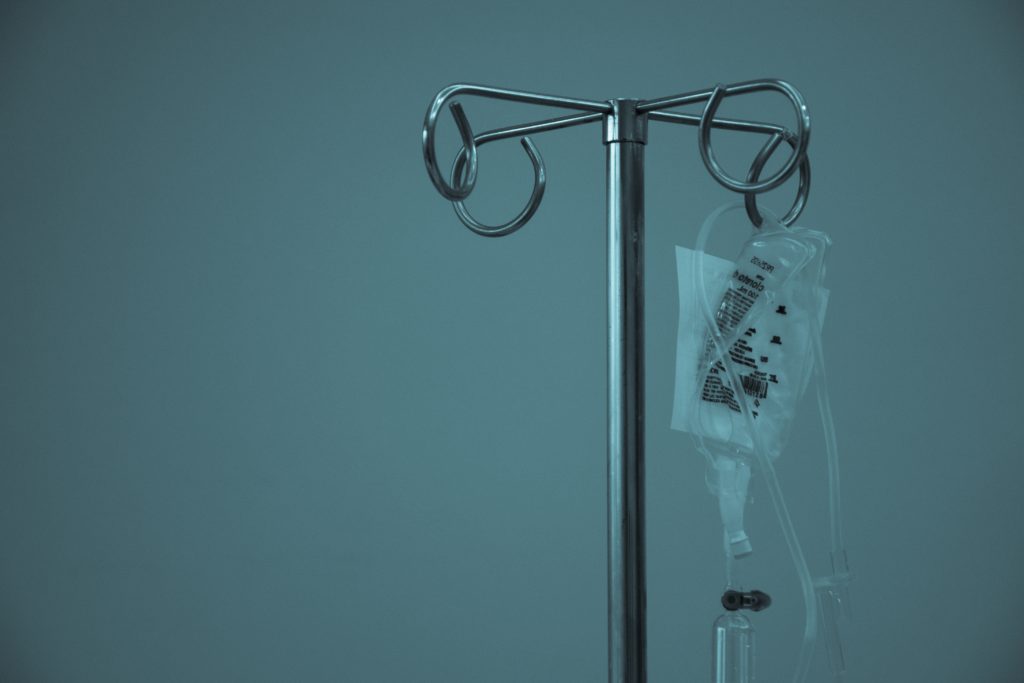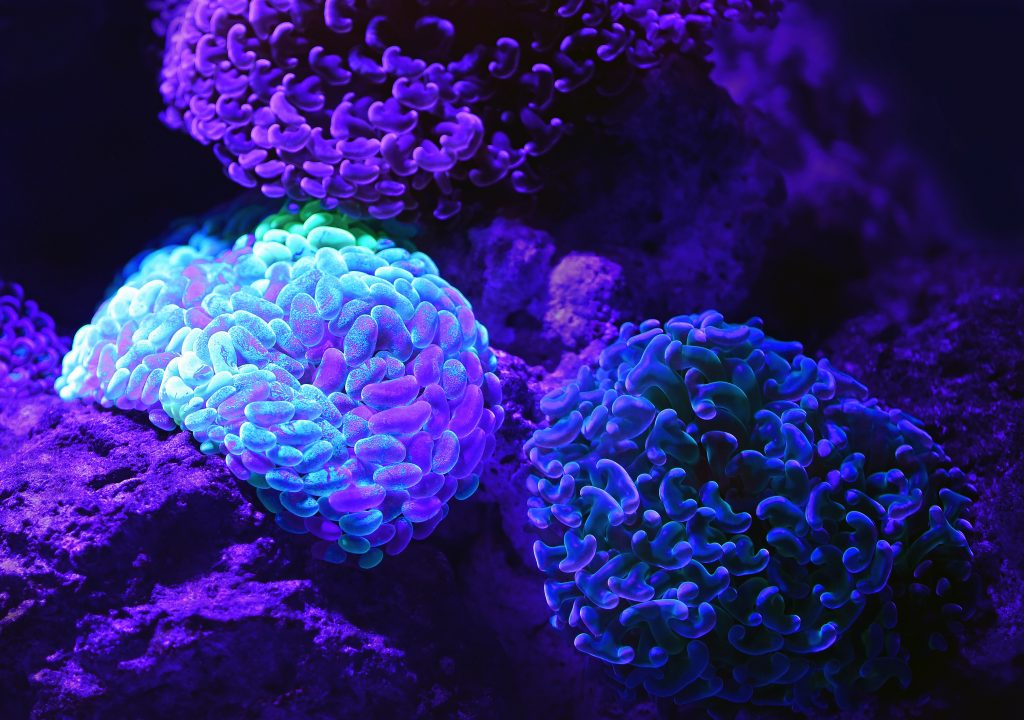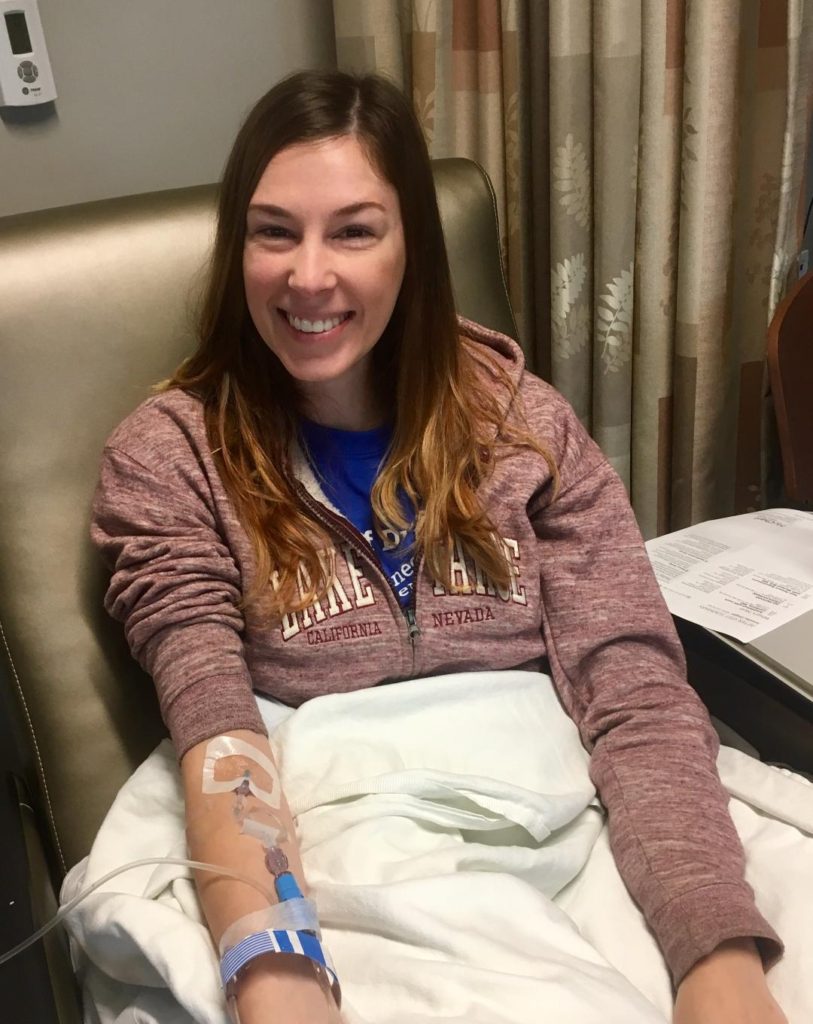If you’ve ever flared on a biologic, you may have wondered if you were developing antibodies. This is a stressful situation to be in, especially if you’re not sure what your next step should be.
Did you know there’s a specialty blood test you can do to check the effectiveness of the biologic medication you’re taking? The test analyzes the level of drug in your system AND the potential antibodies your body may have developed.
Taking these tests regularly may give some clarity to you and your medical team about how effectively your biologic is helping with your IBD. In this blog post, I discuss why biologics stop working for some people and what I did when I thought I was developing Entyvio antibodies.

Jump to a Section
- Why I’m testing for Entyvio antibodies
- What is C-Reactive Protein?
- Why do biologics stop working for some people?
- What are antibodies?
- Prometheus: A blood test for biologic levels and antibodies
- Final thoughts
Why I’m Testing for Entyvio Antibodies
I’m getting this specialty test done next week to check the levels of Entyvio and possible antibodies in my blood.
Why? Because at my last regular checkup, my C-Reactive Protein (CRP) levels were 10x higher than normal! The normal range is <0.50 mg/dL and mine was 5.24!!
But what’s odd is I felt completely fine. I would have never guessed my CRP was too high.
I had no signs of flares.
No unusual bowel movements, urgency, or blood.
I had no physical signs whatsoever. So I needed answers.
What is C-Reactive Protein?
According to the BWH Crohn’s & Colitis Center, CRP is a marker of inflammation. This protein is released from the liver during times of inflammation. Although it’s not specific to the intestines, it is a factor in determining disease activity in IBD.
When your CRP is higher than it should be, it could be a sign that your medication is losing its effectiveness.
In this blog post, I’m going to reference this Gali Health video below in which gastroenterologist Dr. Lerrigo answers the question, “How long can a biologic stay effective for IBD?”
There are about 20 more videos like this one and you can view them all here. Below is the video I’ll be pulling info from throughout this post.
Why Do Biologics Stop Working for Some People?
Dr. Lerrigo says that for some people, biologic medications lose their effectiveness because their immune system develops antibodies. Common reasons include:
- There’s not enough drug in their system for the severity of their IBD. These individuals should talk with their GIs about increasing the drug dose or getting their infusions more frequently
- The person has a low albumin count. Albumin is a protein that keeps fluid in the bloodstream so it doesn’t leak into other tissues
- The person develops antibodies that remove the drug from their system
When someone loses response to a biologic, it’s usually because of the third reason.

What are Antibodies and Why Do They Make a Biologic Less Effective?
Antibodies form when your body thinks the biologic is a bacteria or virus. Your body recognizes the biologic as a foreign invader and develops an immune response: creating antibodies to throw the drug out of your blood.
This is where the Prometheus blood test comes in!
Prometheus Laboratories, Inc. is a healthcare company that creates diagnostic tests that help patients better understand their unique disease course and healing patterns. Prometheus offers tests that…
- Measure drug levels and antibodies in Entyvio, Remicade, Humira, and Stelara
- Assesses mucosal healing in IBD and evaluates the probability of disease progression
- Look for biomarkers in Celiac disease
- Aid in the detection of liver fibrosis
- And more…
Prometheus: A Blood Test for Biologic Levels and Antibodies
On January 15, 2020, I’ll be popping into my GI’s office to get this blood work done. Since I’m on Entyvio, I’m getting the one called Prometheus Anser VDZ. It’ll check the levels of Entyvio in my blood and identify Entyvio antibodies.

For these biologic tests, you need to get them done the day before your infusion when the drug levels are at their lowest in your system. This’ll give your physician the most accurate reading.
It’s SUPER important that I do this test because—even though I feel great—there’s a chance I may be in true remission.
Final Thoughts
I have a gut feeling that I’m developing antibodies. Take a look at my medication history, and you’ll see that I don’t have the best track record with effective meds.
I’ve been on Remicade, and it lasted for only about 16 months. All the other oral meds I’ve taken over the last five years have lasted 9 months, TOPS.
Never have I switched meds when I was feeling well. But if Entyvio isn’t doing its job histologically, I need to continue my quest of snuffing out that intestinal inflammation for good.
I will keep you posted!
Related Posts
Love, love the hair!
Thank you so much! I thought it was time to try something a little different 🙂
Any update? I was diagnosed 3 years ago with CD and I haven’t had luck with a biologic working longer than 1.5 years.
Hey Ashley, it’s great to hear from you! Thankfully, I have not developed Entyvio antibodies. I’m sorry to hear biologics don’t seem to work longer than 1.5 years! That’s about how long Remicade lasted for me. Strangely, I stopped responding to Remicade even though I never developed antibodies. My GI explained this can be a sign of PSC, which I have. Many PSC patients stop responding to biologics without developing antibodies. Your doctor might be able to tell you more, or let me know if you have questions 🙂 I hope you find remission very soon and it lasts for a long, long time! ?